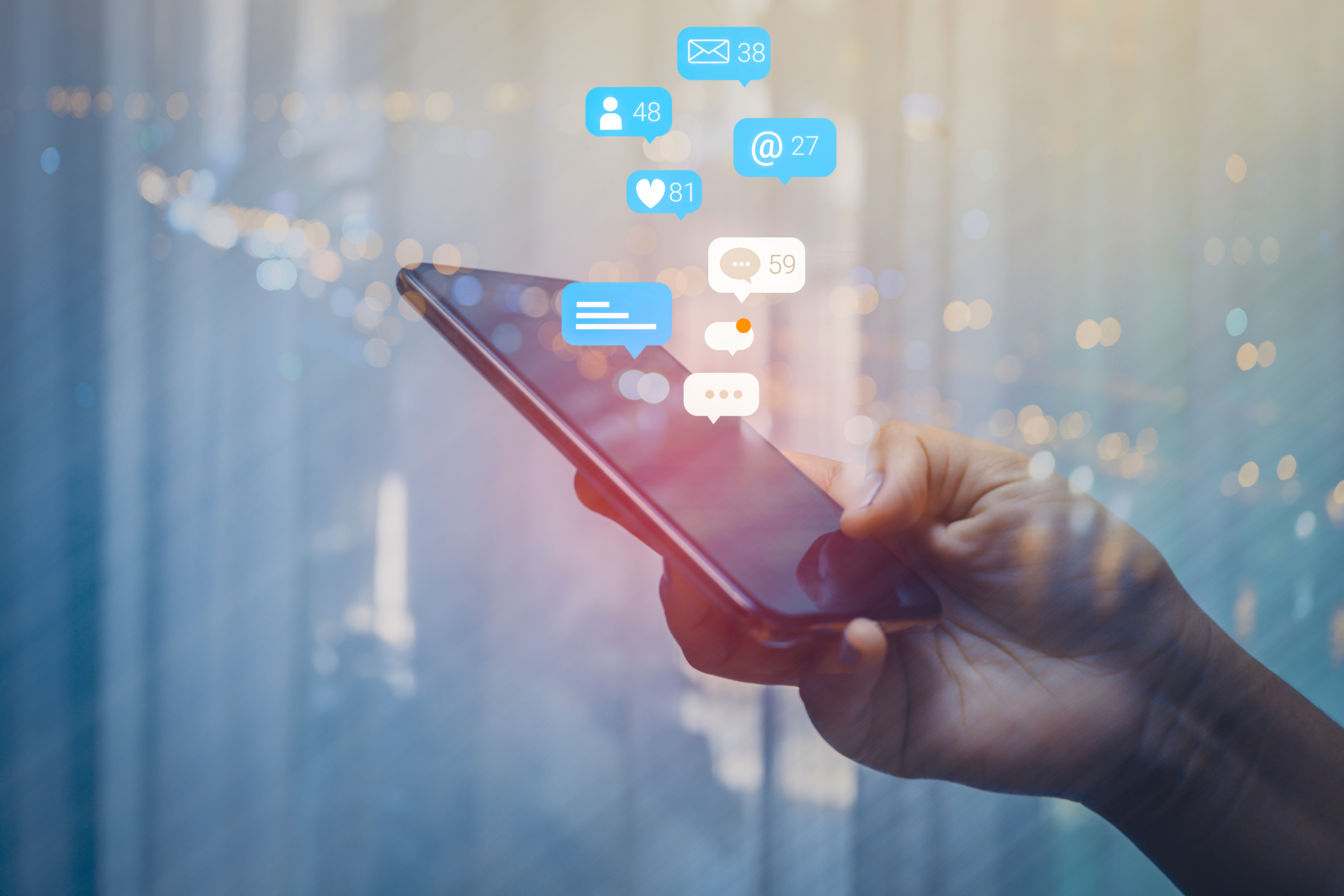The Pew Research Center confirms that nearly ninety-five percent of teenagers in America use a smartphone. Of those, forty-five percent are “almost constantly” engaged in their phone. But is screen time always a bad thing?
Ocean Coast Recovery is a treatment center offering comprehensive individual and family therapy for addiction and dual diagnosis.
Technology and Mental Health
Technology has always been a possible contributor to negative mental health, from machines in the kitchen to television to video games and smartphones. But how legitimate are concerns over technology and mental health?
Sources have found that social media addiction affects more than ten percent of the US population. Those who struggle with high screen time are more likely to develop a social media addiction and experience harmful mental health symptoms as a result.
However, all of these findings fluctuate based on age. For example, older adults post-retirement are more likely to struggle with feelings of loneliness, isolation, and depression because of their lack of connectivity, but screen time can increase that connectivity, especially with family members who are far away or with friends who live out of town.
In younger adults, habitual screen time has a higher risk of contributing to negative mental health than it does in older adults.
The Science Behind Social Media Addiction
New research has found a significant correlation between social media use and symptoms of depression, particularly in young people. Other studies have found a positive correlation between social media use and anxiety.
- The more people use social media, the more likely they are to develop symptoms of depression or anxiety
- The more people use social media, the more likely they are to struggle with low self-esteem or dissatisfaction in their own lives
- The more screen time people have, the more likely they are to develop an addiction to social media
Online Therapy Platforms: The Future of Improved Mental Health
Technology isn’t all bad, of course. The NIH has found that technology offers a modern approach to mental health via online therapy platforms.
Technology has now made it possible for people to access help, increase their understanding of what good mental health is, and monitor the progress of treatment via online platforms.
Anonymity
For many people, there is a fear of social stigma or judgment associated with learning about mental health or getting treatment for any form of mental health. However, with online resources, people can use technology to access education about their current mental health status, potential signs and symptoms of different disorders, and online services that provide information anonymously.
More Convenient
These forms of online therapy platforms may increase screen time, but they are also much more convenient when it comes to online therapy. People can get appointments no matter when they need help, and they can find services whether they are sitting at home in the middle of the night or on a train for their morning commute.
Some online therapy platforms have built-in applications for smartphones that detect user behavioral patterns based on data collection, and when changes to those patterns take place, a potential red flag for mental health issues, alerts can be made, and changes to treatment plans can be implemented.
Larger Reach
Another great benefit to using online therapy platforms is access to mental health treatment despite being located in remote areas. Tangentially, people who have suffered through a traumatic event or a natural disaster can get access immediately, no matter their location.
Get Help with Ocean Coast
If you are struggling with social media addiction, or someone close to you is experiencing the harmful side effects of technology and mental health, our team can help.
At our treatment center, we provide detox and residential services for those in need. If you are struggling with social media addiction or other addictions, we provide treatment plans catering to young adults in need.
When you reach out to us, our team will help you go through an initial evaluation to determine what level of care is best for your circumstances and, from there, make a recommendation for the most appropriate therapies as part of that level of care.
We specialize in things like individual therapy and group therapy, especially CBT and DBT, to help tackle symptoms of addiction and repair any disconnect between perceived reality and reality. At our luxury Orange County inpatient treatment facility, just a 5-minute walk from the beach, you can enjoy privacy with our semi-private rooms and plenty of outdoor, active experiences with our meditation, surfing, and beach trips. Call us today at 1-866-456-2812 to learn more about technology and mental health and how our Huntington Beach treatment center can help.





